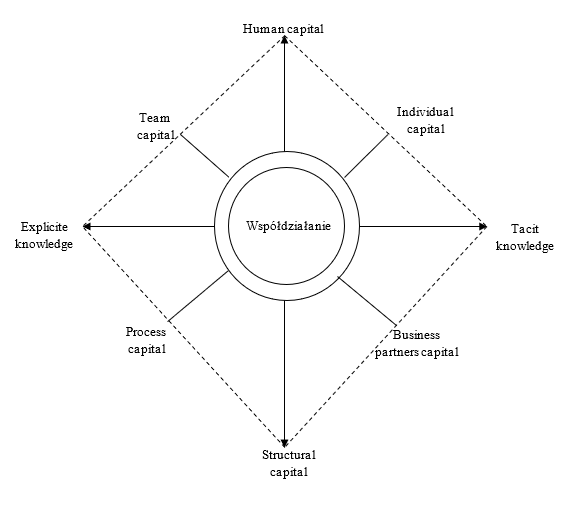In my previous post I wrote that it is easier to record the work of a car driver than the work of a manager, which is why we already have autonomous cars, but we can’t buy ourselves Steve Jobs. Let’s go further in our reflections and consider what kind of knowledge we expect about the work of a manager. What types of knowledge are useful to build an artificial manager?
Following J. Baruk, we can list several aspects that knowledge can relate to. These aspects are described by question pronouns: what, why, how, who, when, of what, where, with what? G. Ryle distinguishes between “knowledge-that” and “knowledge-how.” The former is referred to either by the very concept of knowledge or theoretical knowledge. The latter can be called skill or practical knowledge.
In the literature of management science, one can find a whole series of publications on knowledge management in organizations. This process is understood as managing the processes of creating, distributing and making practical knowledge in order to increase the efficiency of the organization, especially in the operational dimension. Two types of knowledge can then be distinguished: tacit (tacit – from English) and explicit (explicite – from English).
F. Matos and A. Lopes present a way of creating tacit knowledge as a result of teamwork, but based on the intellectual capital of each of its members and the recipients of activities in the organization. Explicit knowledge is created based on the intellectual capital of the team as a whole and the processes that take place in the organization. Both types of knowledge “span” the human capital and social capital of the organization.
A visualization of knowledge creation according to F. Matos and A. Lopes is shown in Figure 1.

Figure 1. Explicit and tacit knowledge of managerial activities
For an artificial manager to act like a human, it needs both explicit and tacit knowledge about the organization and the environment in which it operates. And this is the biggest challenge we face in constructing an artificial manager. I will show how to achieve this in the following posts.
J. Baruk: Istota wiedzy jako źródła innowacji. Przegląd Organizacji 2008, Nr 7-8, s. 6-7.
G. Ryle: Czym jest umysł? Tłum. W. Marciszewski. Warszawa, PWN, 1970.
F. Matos, A. Lopes, S. Rodrigues, N. Matos: Why Intellectual Capital Management Accreditation is a Tool for Organizational Development? Electronic Journal of Knowledge Management 2010, Vol. 8 (2), s. 235-244.

